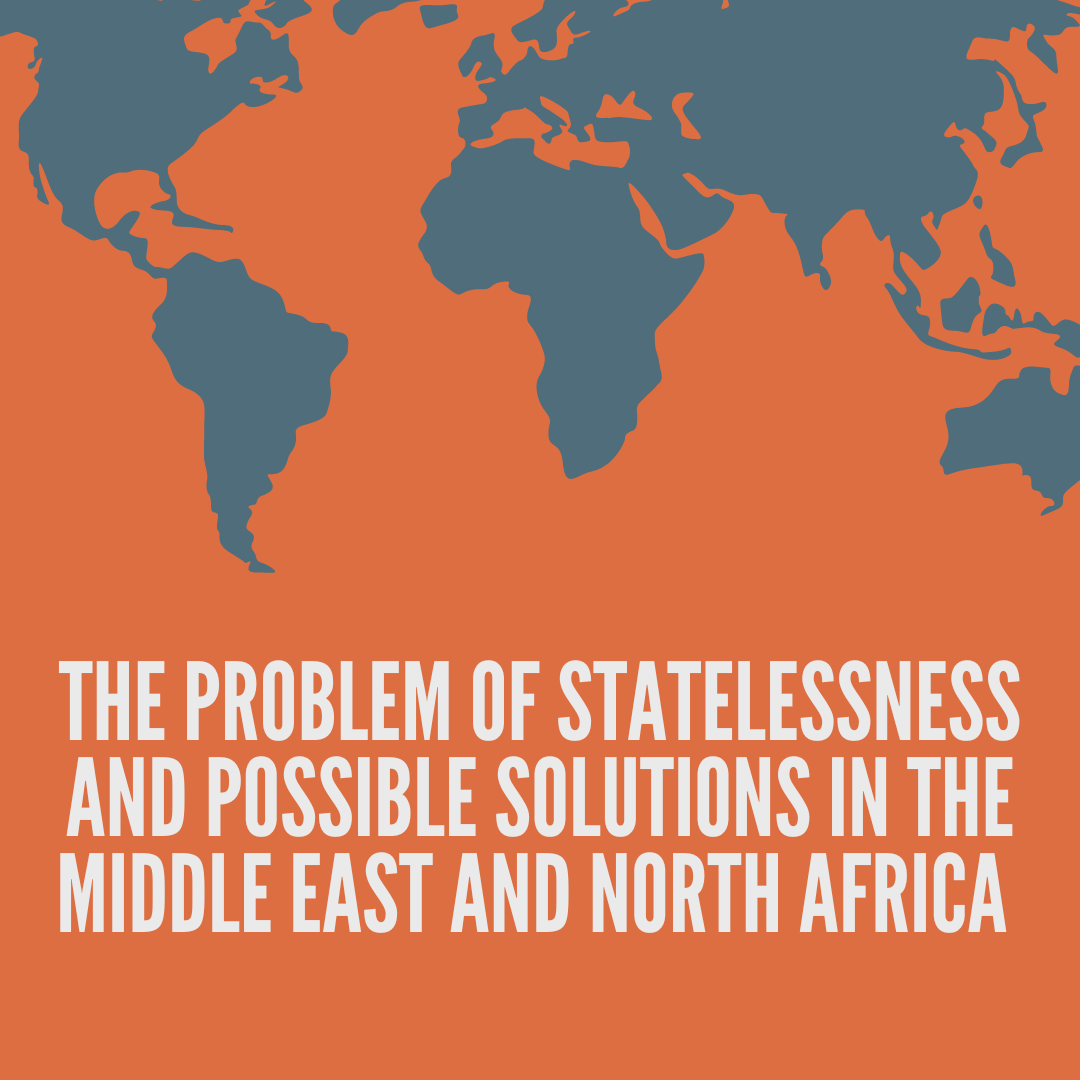An urgent and all-encompassing human rights crisis exists in the MENA region regarding the condition of people who do not have the backing of a government, also known as stateless individuals. These people face a multitude of obstacles that diminish their quality of life and capacity to engage completely in society due to their lack of nationality. Because they do not have the right paperwork or official recognition, they are frequently denied access to essential services, and they are constantly in danger of detention and exploitation.
Finding a job, getting medical treatment, and going to school are all very difficult for stateless people in the MENA area. Because of the increased vulnerability and marginalization caused by their lack of access, a comprehensive strategy to address and resolve statelessness must be developed and put into action.
The “Bedoons,” a group of stateless people living in the Gulf, face serious problems as a result of their lack of citizenship. Because of this rejection, they are unable to take part in the formal economy and are more vulnerable to exploitation since they are unable to obtain legal recognition and basic services. An example of this is the situation in Kuwait, where many people are in a precarious position due to the government’s unwillingness to establish transparent procedures for citizenship applications and its long-standing rejection of statelessness.
The crisis is not limited to the Gulf. As a result of the continuous fighting in Yemen, many people have lost their identification documents and, by extension, their legal recognition, making them stateless. Similarly, more than 200,000 Kurds living without a state in Syria and Lebanon are in a terrible situation; they lack basic rights, cannot get basic services, and cannot find work.
Addressing statelessness as a human rights violation that impedes social justice and equality must be a top priority for the international community. A comprehensive strategy involving changes to the law, public education and awareness campaigns, and international collaboration is necessary for effective solutions.
In order to foster inclusivity and eradicate discrimination, it is crucial to reform nationality laws. Women, unwed children, and members of certain ethnic minorities are among those who are legally unable to become citizens in many of the countries in the area. Every person should have the right to nationality and the protection it provides. To achieve this goal, we must work together to remove these legal obstacles, increase awareness, and encourage international cooperation.
Finally, a thorough and coordinated response is necessary to address the complex and deep-seated issues of statelessness in the MENA region. There is hope for the integration of stateless individuals into society, upholding their dignity and human rights, through prioritizing legal reforms, awareness campaigns, and global cooperation. We must take immediate action to stop the spread of inequality and guarantee that people of all nationalities can live with respect and dignity.

